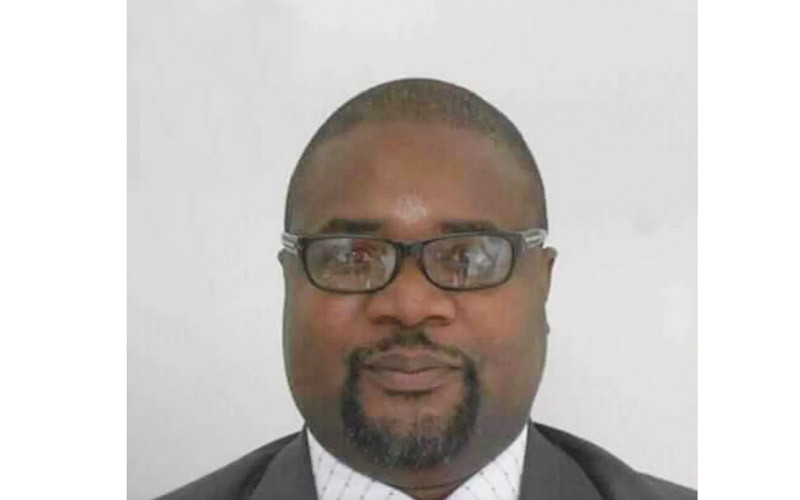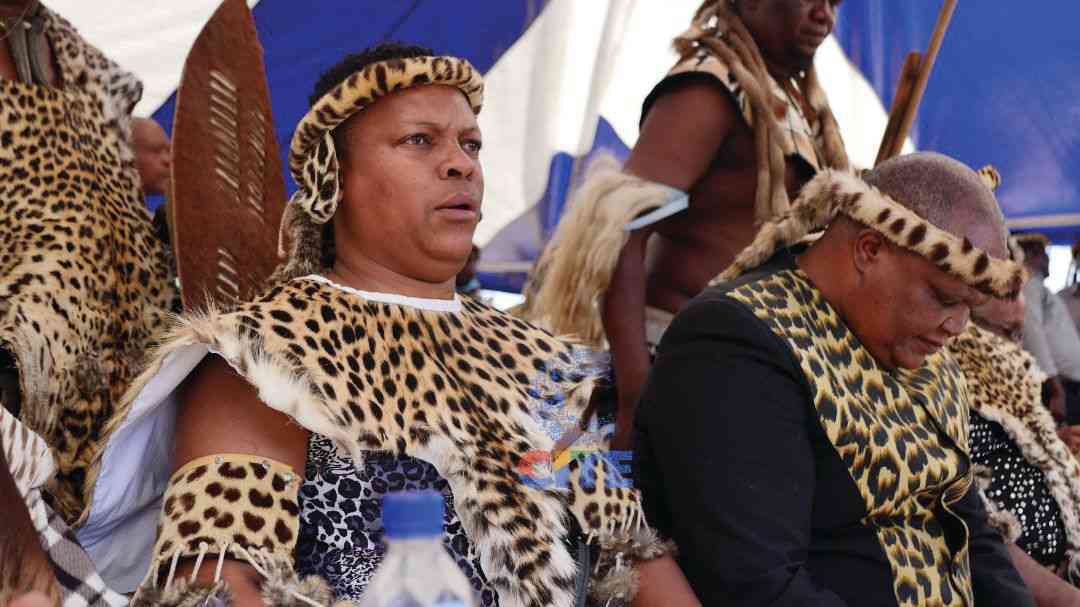
ARE we truly equal to exercise the democratic right to vote and in determining government policy?
The answer is clearly that we are not. It is judicious in the Zimbabwean context to opine that the taxpayer and the youth should ideally be at the forefront of determining government policy. Their voice must be heard through decisive and active participation in the country’s democratic processes through voting.
The reason is predicated on the fact that the burden of financing a government rests solely on the shoulders of the taxpayer. The government debts are on the shoulders of the youth.
The youth and the taxpayer must truly vote to ensure that they have a government they desire. Subsequent to voting they must direct that the fruits of their labour, present and future, be used for the economic and social health aspirations they resonate with.
The fundamental flaw and evil of the “one man, one vote” model is that the taxpayer is forced to pay for ideals diametrically opposed to their own. This is true in Zimbabwe as it is without doubt that the non-taxpayers or those who are beneficiaries of the taxpayers’ sweat (often called government largesse) have their ideals driving government policy.
It is politically expedient and morally reasonable to afford each and every eligible citizen the right to vote, yet the defect of the same is the trap of people voting themselves benefits at the expense of others. Frederic Bastiat once said, “live the great fiction through which everybody endeavours to live at the expense of everybody else”.
A man should have a right to the fruits of his labour. It is viciously wrong to take the money of rational economic men to support ideals they are absolutely opposed to, such an intrusion by force is a violation of individuals’ rights.
Yet the Zimbabwean youth, taxpayers, self-employed and employers have abdicated their role to stop thieves, corrupt, incompetent, and semi-illiterate politicians lording over the society.
- Backlash over ZEC’s huge 2023 poll fees
- Yadah finish Chibuku Cup on a high
- Corruption Watch: Get scared, 2023 is coming
- Yadah finish Chibuku Cup on a high
Keep Reading
Apathy is winning the political contest. The apathetic eligible voters are supported in this unfairness by those who vote for benefits and rights devoid of expenses and obligations.
The youth have no one to blame but themselves for failing to make an electoral impact by voting for government whose policies they don’t ascribe to. The youth and taxpayer unfortunately sit on terraces doing keyboard analysis and social media activism. They do not do that in Uzumba-Maramba-Pfungwe, instead they vote in numbers. Treatment of every post-election losses through useless protests by crybullies is just plainly an emotional breakdown, freak-out and crippling feeling of failing to cope with an electoral defeat self-inflicted by apathy.
Even if protesting crybullies burn tyres, break windows, disrupt flow of traffic, get international attention and cause some level of sanctions, we all know that it achieves nothing .We all have to agree that apathy would have won the elections.
The assemblage of inconsequential social media activists and protestors is an act of simply writhing in feigned agony akin to demanding pudding before dinner. Activists use complex language, difficult terms, and platforms for the elite and concentrate on issues voters will never use as a voting issue. Human rights and rule of law are important but truly not so many in the rural areas and the ghetto will ever vote for those concepts.
Political parties are often speaking to themselves or the middle class (which is small), the NGOs (who do not vote) and the International community (which is irrelevant).
The politicians and their activists’ appendages must additionally craft a good and irresistible message to drive people to actually exercise their vote. It is these actions that are the first stages in levelling the playing field before dinner is served. Making people claim their vote is a good starter.
Hashtag movements are led by people who are not serious and rational, but rather by people who are simply happy to be unhappy. The movements should rather expend intellect and energy in deploying a message to fight apathy.
Just to put this into context, out of over three million potential voters in Bulawayo and Harare just over one million are registered voters.
One of the challenges of political parties seeking to dislodge Zanu Pf is innovation around the familiar which gives voters a not-so-good feel of elections being a source of political outcomes. Even if it be true getting into an election by repeating intimidation, police brutality, captured courts, rigging, abuse of chiefs, jailing, infiltration and unfair playing field won’t win empathy but just ensure apathy.
If an illiterate or corrupt politician becomes your Member of Parliament, a million hashtags will change nothing. The MP will simply lord over you despite your level of literacy or morals.
Our current system seems not to be effective. It would be ridiculous to allow the ignorant to limit how smart you are, the weak to place shackles on your arms to limit your strength, the short to legally force you to stoop or the unattractive to require the attractive to wear hoods over their faces.
We would dismiss this as absurd and yet we allow those who pay no taxes to have a greater voting voice, as well as those who have little understanding of political, economic, foreign policy or financial issues to lord over the direction our country takes.
It is telling that the employer and the employee continue to invest in “democracy at the workplace” with monthly contributions to employee unions and employer confederations. The employer and the employee have little or no interest in sponsoring national democratic processes only until there is no industry to employ and industry to be employed.
It is critical that the employer and the employee, being stakeholders of the national discourse, should use the same model to allow voluntary monthly contributions to political parties that speak to employee or employer aspirations.
Strength of political parties just like workers unions is determined by their financial back bones. As it is, most of the political parties speaking to taxpayers and the youth aspirations are broke whilst there is an obsession with democracy at the workplace.
After voting, the government does not reciprocate by treating the voters as equals, choosing instead to tax some more than others (some not at all), to provide different levels of aid and to apply laws and regulations differently.
Government morphs from the protector of an environment where equal opportunity exists to the arbiter of “equality”. It is legally sanctioned inequality in pursuit of equality.
It is great to vote to direct government policy and then hold the parties to their electoral manifestos.
- Brian Sedze is chairperson of Free Enterprise Initiative and a consultant in strategy, innovation and tax. He writes here in his personal capacity.










